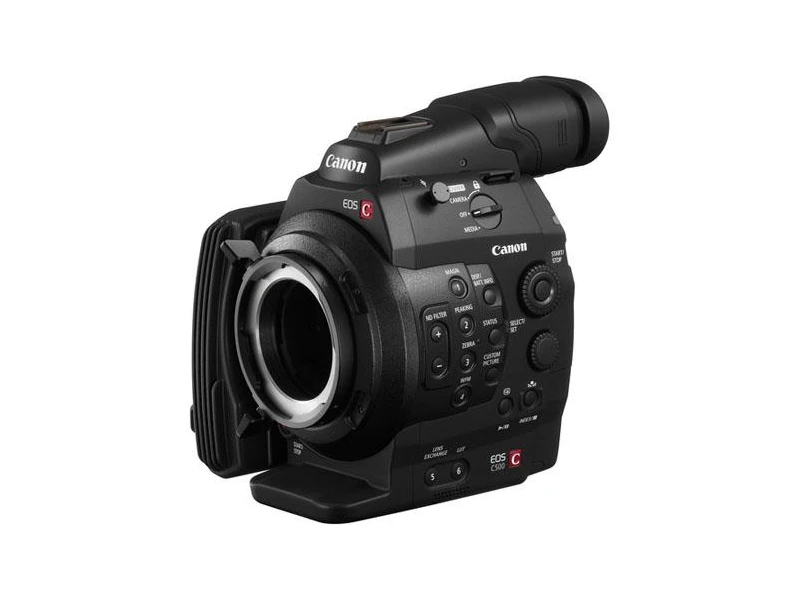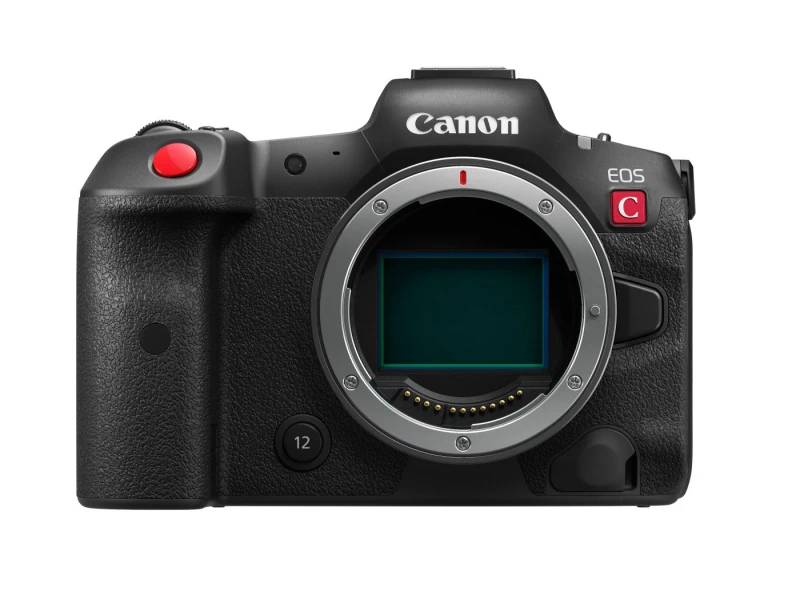Canon EOS C500 vs Canon EOS R5 C
Canon EOS C500 vs Canon EOS R5 C
When comparing Canon EOS R5 C and Canon EOS C500, which one is better?
1. Sensor Type Comparison
Both EOS C500 and EOS R5 C use the same sensor type — CMOS — meaning that no camera in this comparison has an advantage over the other in this regard.
Winner: Tied
Regarding sensor type: Digital cameras feature two different sensor types; CMOS and CCD.
2. Lens Mount
The cameras feature different lens mounts, which each have their own strengths and weaknesses. The Canon EOS C500 features a Canon EF while Canon EOS R5 C features a Canon RF, and this could be good or bad for you depending on the current lenses you own.
Winner: Tied — It depends on your gear
3. Internal Raw Video Support
Canon EOS R5 C is able to record raw video internally, while Canon EOS C500 is not. This may be a dealbreaker for some and it is important to note that there is a difference between the two cameras.
Winner: Canon EOS R5 C
Regarding internal raw video: The ability to record raw video internally is becoming more and more common in cinema cameras, and this may or may not be an advantage depending on how you shoot. While raw offers the most flexibility, it also requires more powerful editing computers, faster memory cards and more storage.
Specifications
Full specifications table of Canon EOS C500 and Canon EOS R5 C:
| Canon EOS C500 | Canon EOS R5 C | |
 |  | |
| Brand | Canon | Canon |
| Weight | Missing | 680 g |
| Sensor Type | CMOS | CMOS |
| Internal Video Bit Depth | Missing | 12 bit |
| Dynamic Range | Missing | 12 stopp |
| Lens Mount | Canon EF | Canon RF |
| Shutter Type | Rolling Shutter | Rolling Shutter |
| Film Camera or Still Camera | Missing | Cinema |
| Digital or analog | Missing | Digital |
| Sensor Readout Speed | Missing | 15.5 ms |
| Internal Raw Video | Hayır | Evet |
| Sensor Size | Missing | 36 x 24 mm |
| Built-in ND Filter | Missing | No |
